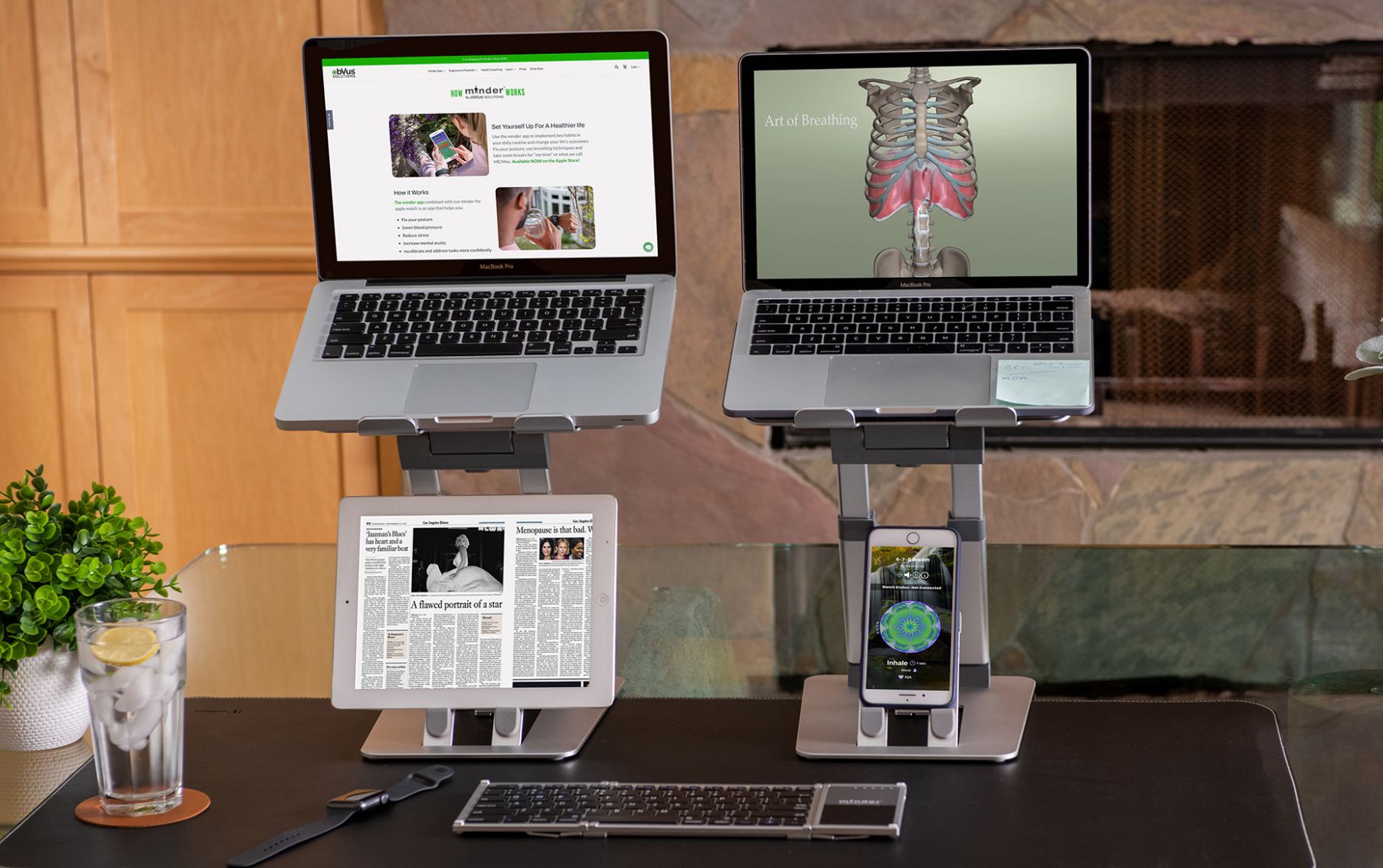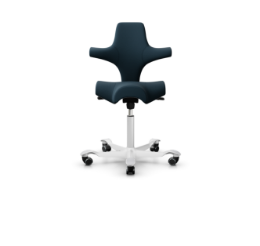May 31, 2022
Men's Mental Health
Men's Mental Health: It's Okay Not to Have it All Together
By: Leigh Saner, MPH, NBC-HWC
Let’s address the elephant in the room; mental health is a difficult thing to talk about, especially when it comes to men’s mental health. In today’s culture, and through mainstream media, there is a picture painted as to how you are supposed to act, look, feel, and react. When your reality doesn’t match the picture you see all around you, it can feel unsettling and isolating. This article is intended to shed light on a sensitive subject and provide insight into how to overcome stereotypes associated with men’s mental health and things to look for when prioritizing our mental wellness.
When you are feeling low in energy, scattered, frustrated, irritable, you might ask these questions:
Are you supposed to feel this way? Does feeling the way you are feeling mean you are weak? Do you need to “man up”? What happens if you honestly tell someone things aren’t going so well? Should you just push through it?
The answer is, it’s okay not to have it all together. It’s okay to feel however you are feeling. It’s okay to have a really good day. It’s okay to have a really bad one. It’s okay to not have everything figured out. It’s okay to feel overwhelmed. It’s okay to feel uncertain about things. It’s okay to show your emotions. It’s all okay.
What’s not okay is feeling like you can’t express yourself and suffering in silence. An article from Harvard Health Publishing estimates that between 10 and 17 percent of all men will develop depression in their lifespan. Furthermore, the National Institute of Mental Health reports that suicide is one of the top 10 leading causes of death for men in the United States. These statistics are not meant to scare you, they are here to shed light on an important topic when it comes to men’s health, and one that is costing the lives of individuals. They are also a reminder that if you are struggling with mental health issues, you are not alone.
Your mental health is just as important to address as your physical health. It includes your emotional, psychological, and social well-being. When your mental health is suffering, it impacts your overall health and quality of life. The best thing you can do is acknowledge that it’s normal to face mental health challenges and it’s important to understand when those challenges are arising and how to best address them. Here are some things you can do to better understand how you’re feeling and steps to better focus on your mental wellness.
Understand red flags
When it comes to your health, it’s important to listen to the information and feedback your body and mind are giving you. When you are faced with mental health challenges, some red flags (or symptoms) may include:
- Lack of focus
- Frustration
- Irritability
- Persistent feelings of worry
- Engagement in high-risk activities
- Changes in appetite and energy
- Digestive issues
- Trouble sleeping
- Disconnecting from your social networks
If you are starting to experience any of these things, it’s important to recognize that they might be related to underlying mental health issues. It’s not that you have done anything wrong, or that you should be able to handle things better. Your body is giving you feedback, and it’s time you listen to it without fear of judgment.
Reach out to someone
This might be the most challenging suggestion of them all. Men, more so than women, have a more difficult time opening up about needing help or support because it goes against the messages they have received growing up and the cultural gender norms in society. There is this idea that men are supposed to act ‘strong’ and should manage their emotions internally without showing any ‘weakness’.
Reaching out for guidance or support can feel overwhelming if you don’t know where to start. A good starting point would be talking with a friend or family member. Small steps like talking with someone can feel less overwhelming than scheduling an appointment with your doctor. If, in talking to your friend or family member, they suggest you see a counselor or talk with your doctor, instead of thinking you are ‘messed up’, remember they are suggesting you seek appropriate support and resources because they care about you, not because you are flawed in any way.
The Crisis Text Line or the National Suicide Prevention Lifeline are also great options you can contact for support. These counselors are trained to listen, help you explore coping strategies and offer additional resources and support based on what you are going through.
Introduce self-care into your routine
You might think that self-care means massages, beauty activities and luxurious retreats. However, self-care is defined as the practice of taking action to preserve or improve one’s own health. When it comes to your mental health, self-care can help you manage and recover from stress, improve your immune response, and increase your energy. Some self-care activities include getting regular exercise, eating regular meals, staying hydrated, making sleep a priority, staying connected to friends and/or family, and following a mindfulness practice. The important thing to remember is that self-care will look different for everyone.
Talking and taking action about mental health challenges can be tough. Remember that you aren’t alone, there are non-judgmental resources and support out there and speaking up about what you are going through isn’t a sign of weakness, but a sign of strength. Taking control of and prioritizing your mental health shows that you are in tune with your body and mind and that you are taking steps to put yourself and your health first.
Statistics show that you are far from alone when tackling mental health challenges. Asking for help can help pave the way for other men to feel empowered to ask for support as well.
Sources:
https://www.mhanational.org/infographic-mental-health-men
https://www.health.harvard.edu/press_releases/recognizing-depression-in-men
https://www.nimh.nih.gov/health/statistics/suicide
Write or copy/paste Liquid code
Emp
Begin the journey to improving your posture, breathing, and overall wellness with the help of obVus. Our expertly designed live well and work well products are made to fit into your life with minimal effort needed.

Ergonomic Accessories

minder
App

Blog
Learn more
about wellness
and mindful living






